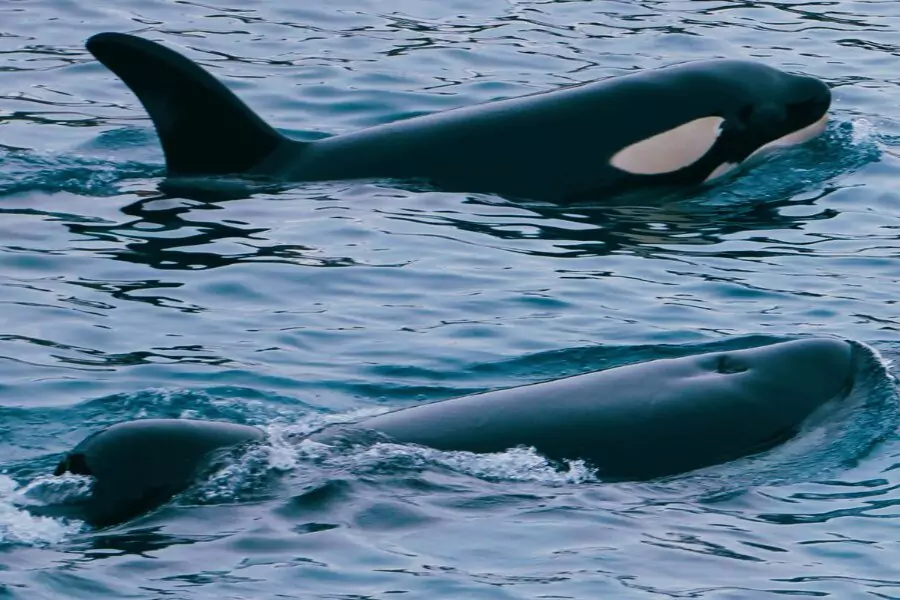Marineland in Antibes, Europe’s largest aquatic zoo, will close permanently in the new year after 54 years of operation. While the park has entertained millions with its orca and dolphin shows over the years, shifting public attitudes towards animal welfare and declining attendance have led to its closure.
Marineland in Antibes, the biggest marine zoo in Europe and a longstanding institution in the south of France, will close its doors permanently on 5th January 2025.
For decades, millions of visitors flocked to Marineland to marvel at the performances of the park’s orcas and dolphins, which were once central to its appeal. In recent years, however, controversy has grown around the practice of using these animals for entertainment, and a 2021 law banning cetacean shows marked the beginning of the end for the park.
Over the past decade, attendance has plummeted from 1.2 million visitors annually to 425,000. Combined, these pressures have culminated in the ultimate closure of Marineland and reflect a shift in public sentiment regarding the ethical treatment of animals in captivity.
While animal rights activists see the closure as a victory, for many local residents and visitors to the region, the permanent shuttering of Marineland is a sad occasion, marking the end of an era for family outings.
The task of rehoming 4,000 animals
Marineland’s legacy extends beyond its live shows. It has served as the backdrop for iconic films like The Big Blue, where Jean-Marc Barr’s character interacted with its dolphins, and Rust and Bone, starring Marion Cotillard and Matthias Schoenaerts.
When the news came that the park would be closed, it was home to some 4,000 different animals. Now, management faces the challenge of rehoming these diverse species.
Finding a sanctuary for its two orcas, Wikie and Keijo, has proven particularly difficult. An initial plan to transfer them to Japan was scrapped after opposition from animal rights activists, as was a proposal to send them to the Canary Islands.
A potential solution lies in Canada. The Whale Sanctuary Project (WSP) in Nova Scotia offers a promising refuge: a 44-hectare inlet enclosed by nets that extend to the sea floor.
“[It’s] nothing to do with the pools at Marineland or Tenerife,” says Muriel Arnal, the president of One Voice, a French organisation that campaigns for animal rights. “There will be day-and-night monitoring by veterinarians with lifelong feeding and care. There would be an adaptation period in a floating enclosure three times the size of Marineland, where the orcas would already be able to swim in a straight line, dive deep, feel the currents and tides, and see the fish.”
As Marineland prepares for its final curtain call, the park’s closure highlights a broader societal shift towards prioritising animal welfare over entertainment. For locals and visitors alike, the memories of yesterday will remain, but a new approach to wildlife conservation is the way of tomorrow.
Monaco Life is produced by real multi-media journalists writing original content. See more in our free newsletter, follow our Podcasts on Spotify, and check us out on Threads, Facebook, Instagram, LinkedIn and Tik Tok.
Photo source: C’est Assez
